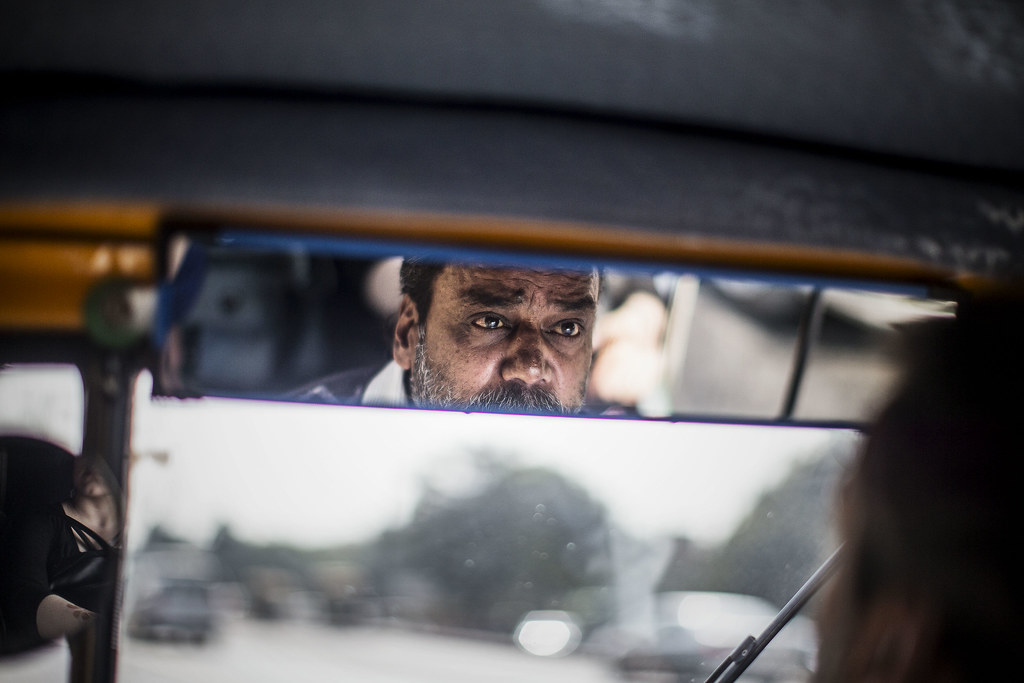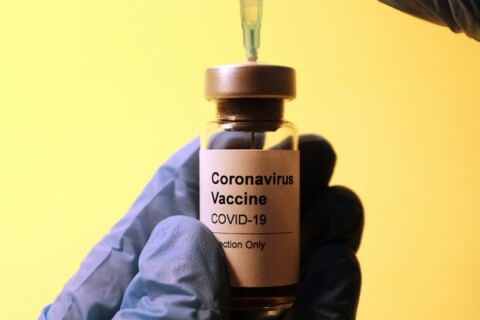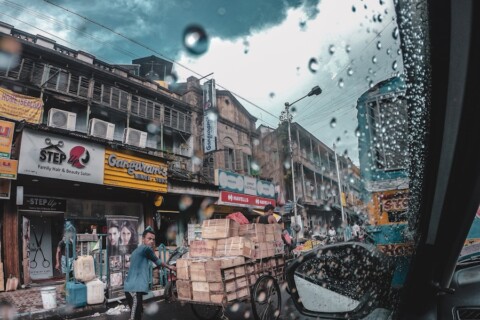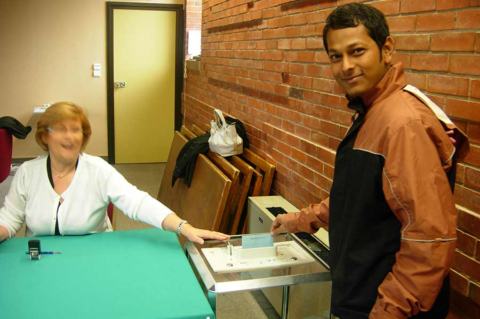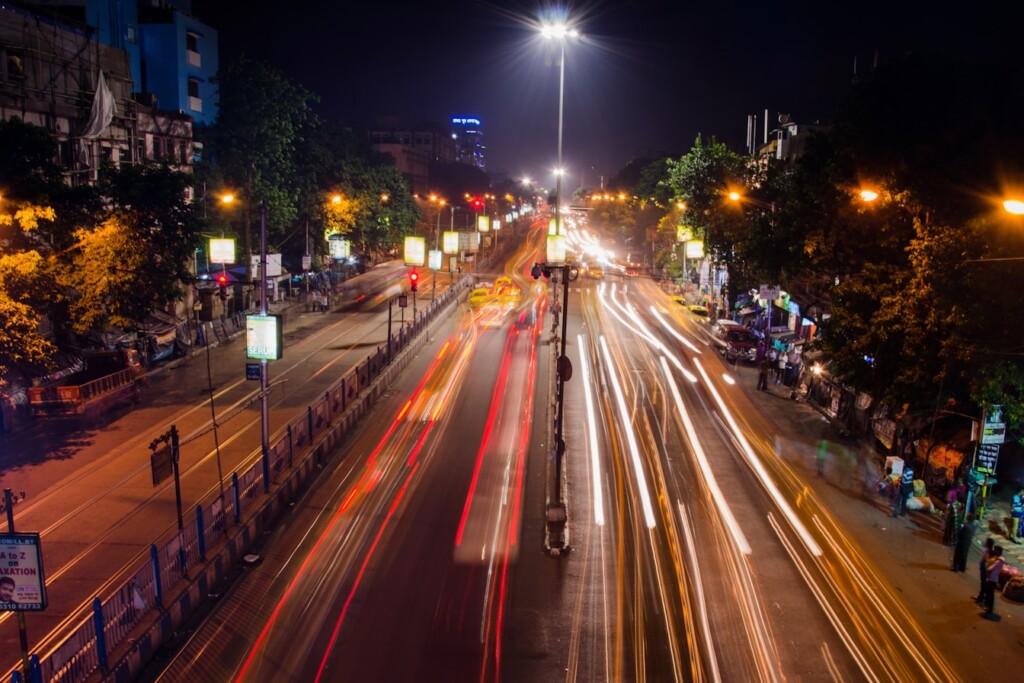Since January this year, the auto gas price has had a steep rise of Rs8.08 in just two months. In January, the auto gas price was Rs 44.85 a litre while the price rose to Rs 49.87 in February. “Now, an auto operator has to spend more money to buy the same quantity of LPG,” said Bikram Ghosh, a member of auto operators welfare association, a splinter group from the main INTTUC affiliated auto-operators’ union.
The autos that run in the city as stage-carriage like bus have started raising fare by Re 1 at every stage. “From Behala tram depot to Taratala, in the pre-lockdown period, the fare was Rs 7. Post lockdown, the fare was raised to Rs 8. From March 1, many operators are charging Rs 9 for the same distance. Now, I am paying nearly Rs 2-3 more than what it was in March last year,” said Aranya Ghosh, a school teacher, who mostly travels to his school by auto.
The situation has been aggravated by a sharp reduction in the number of buses plying on roads. “I always prefer to travel by bus. But of late, there has been a drop in the number of buses, especially in the afternoon and this forces me to travel by auto. But the auto fare is shocking and it is very difficult for middle class people to pay the fare regularly,” said Gouri Basu, a graphic artist with a publishing house.
“We have a little option but raising the fare on our own. We approached our route union. But the leaders said they cannot do anything since poll dates have been announced. The only option that we had was to take the autos off roads Apart from causing trouble to commuters, it would have been suicidal for us as well. We managed to stay afloat during the lockdown by borrowing money on a high rate of interest. So, we are requesting passengers to bear with the revision of fares,” said Fakir Das, an auto operator of the Hazra – Chittaranjan route.
Unlike all other public transport modes, autos are regulated by unions, mostly affiliated to the trade union wing of the ruling party.




